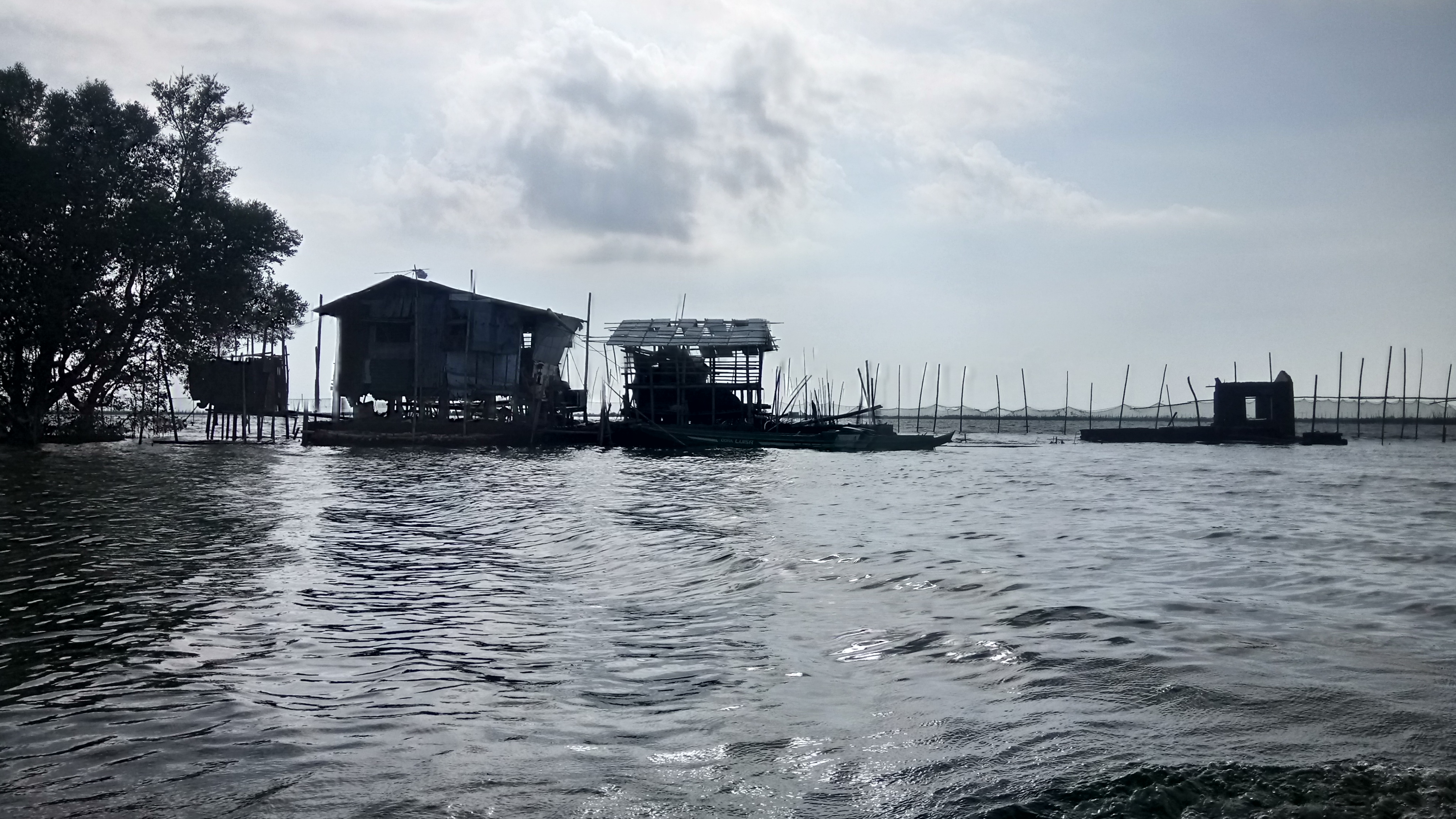News release

January 21, 2019
Use rehab fund to restore mangroves in Manila Bay, DENR urged
Manila, Philippines — “The Department of Environment and Natural Resources (DENR) should instead use the P47-billion Manila Bay rehabilitation fund to restore mangroves, sea grasses, and coral reefs that were destroyed by past and present projects for development aggression,” According to the militant fishers group Pambansang Lakas ng Kilusang Mamamalakaya ng Pilipinas (PAMALAKAYA) on Monday.
The DENR has been launching a clean-up campaign in the historic bay, but the fisherfolk group lambasted one of its first phases that includes demolition of at least 300,000 settlers, including fisherfolk who subsist in Manila Bay by fishing.
“We reiterate our position and very strong support in the rehabilitation drive of Manila Bay to restore its traditional use as fishing grounds for small fisherfolk. But ejecting us out from the coastal areas only to give way to reclamation projects will be met with strong resistance from the fishing and coastal sector. Rehabilitation should benefit us, not violate our socio-economic rights, it should restore Manila Bay’s ecosystem, not further destroy,” Fernando Hicap, National Chairperson of PAMALAKAYA and a fisherman in Manila Bay said.
PAMALAKAYA said the P47-billion budget is more than enough to install mangrove forests that serve as fish sanctuary and pollution filter.
The fisherfolk group claimed that thousands of hectares of mangroves were destroyed before to give way for commercial and industrial hubs. From decades ago until 1995, the group further noted, mangrove areas in Manila Bay used to cover 54, 000 hectares but they have significantly shrunk to 2,000 hectares and at present, only less-than-a-500-hectare is left.
“Now the remaining coastal periphery of mangroves, salt marshes, and diverse biodiversity in Metro Manila known as the Freedom Island is threatened with the reclamation of 635-hectare Las Piñas-Parañaque Critical Habitat and Ecotourism Area (LPPCHEA) project. This systematic and corporate-driven destruction of our environment has to stop,” ended Hicap. ###
Please follow and like us:
